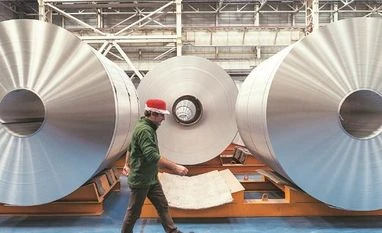US President Donald Trump's decision to hike duties on steel and aluminium could result in retaliatory action from EU and China, triggering a trade war and hurting global economic growth, S&P Global Ratings said on Monday.
It said the overall economic impact of the tariffs on the United States in the near term is likely to be minimal, with a mixed impact on corporate sectors.
"Posing a greater threat is the risk of retaliatory action by major US trade partners such as the European Union (EU) and China triggering a trade war, hurting American exporters, global trade, and global economic growth," S&P said.
More From This Section
The US had last week raised import duties on steel and aluminium products to 25 per cent and 10 per cent, respectively.
According to trade experts, the decision is unlikely to impact exports of these items to America. However, they have expressed fear that such protectionist measures would impact global trade.
In a report titled, 'Global Trade at a Crossroad: US Steel and Aluminium Countries raise risk of retaliatory spiral', S&P said the direct or first-round macroeconomic impact of these tariffs is likely to be negligible, the overall impact is less certain.
It would depend on the response of other major US trading partners; namely, the EU, China, and South Korea. Many US trading partners have already signalled their concern at the announcement and have stated that they are prepared to retaliate with their own tariffs on goods imported from the US, the rating agency added.
"More important are the potential second-round effects on consumer and business confidence and spending, which would ultimately drag down GDP," S&P said.
"Although we don't expect a full-scale trade war, such an outcome is not assured. The initial US tariffs could lead to an escalation of punitive, retaliatory tariffs by trading partners despite the known welfare damaging effects," S&P Global Ratings economist Paul Gruenwald said.
The tariff hike will encourage US production of steel and aluminum, raise utilisation rates, and keep domestic prices elevated over the next 2-3 years.
)